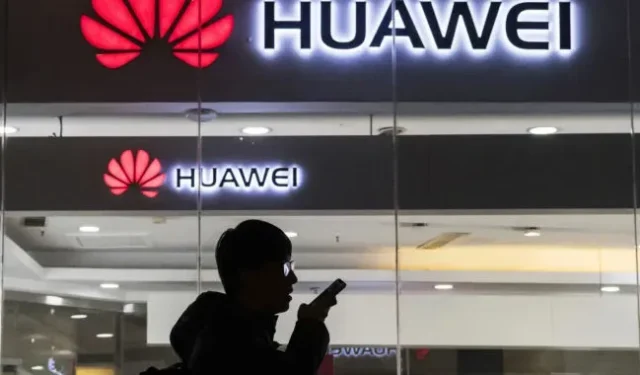No more export licenses: US plans to completely cut off Huawei from chip suppliers

Huawei has been tottering around with limited access to American chips and technology for years now, with the Trump and Biden administrations banning general exports to the company. Huawei did not have a single chip in the US, but each sale had to be approved by the government, with the restrictions changed several times since the initial ban in 2019. Reuters, The Financial Times, and several other outlets have reported that the Biden administration is imposing even tighter restrictions on Huawei, and the FT is reporting that the US is working on a “complete ban”on sales of the Chinese tech company.
Like any technology company, Huawei purchases components from many different suppliers to manufacture its network equipment and smartphones. While tons of production is made in China, there aren’t many processor options, and US companies Qualcomm and Intel keep Huawei afloat with government-issued limited export licenses. Intel chips mean the company can still build servers, and while 5G technology has been banned from export, Qualcomm has gone to great lengths to make special 4G-only versions of its latest SoCs.
As the US tried to offset the damage to Huawei without harming the US suppliers that Huawei is a customer of, the decision was made to continue to allow sales, but not of the latest technology. The cut-off point for this has always been the vague moniker “5G”, but now even that is being turned off. Reuters reports: “U.S. officials are creating a new official no-delivery policy at Huawei that will include sub-5G products, including 4G products, Wi-Fi 6 and 7, artificial intelligence, and high performance computing and cloud products.”. It looks like this will ban all sales from Intel and Qualcomm.
Technology companies are unhappy with the loss of a customer. The Information Technology and Innovation Foundation, a Washington, D.C.-based think tank whose backers include Qualcomm, Intel, and most other big tech companies, said in a press release: from US suppliers is likely to backfire.” It goes on to say: “China remains a critical market for U.S. technology vendors, accounting for 36 percent of U.S. semiconductor sales in 2019. exporting to Huawei helps Chinese technology providers and hurts their American counterparts.”
Failure to grant new export licenses does not immediately cut off Huawei. The US will only stop issuing new licenses, so unless they revoke existing licenses (and they could!), Huawei will have a few more months of spare parts until the existing licenses expire. The Financial Times quoted “an executive of a semiconductor design company who worked with Huawei”as saying that the real change will come when existing licenses expire, but “since there are no details about what licenses were issued and when, it becomes public, it becomes difficult.”predict.”
Leave a Reply